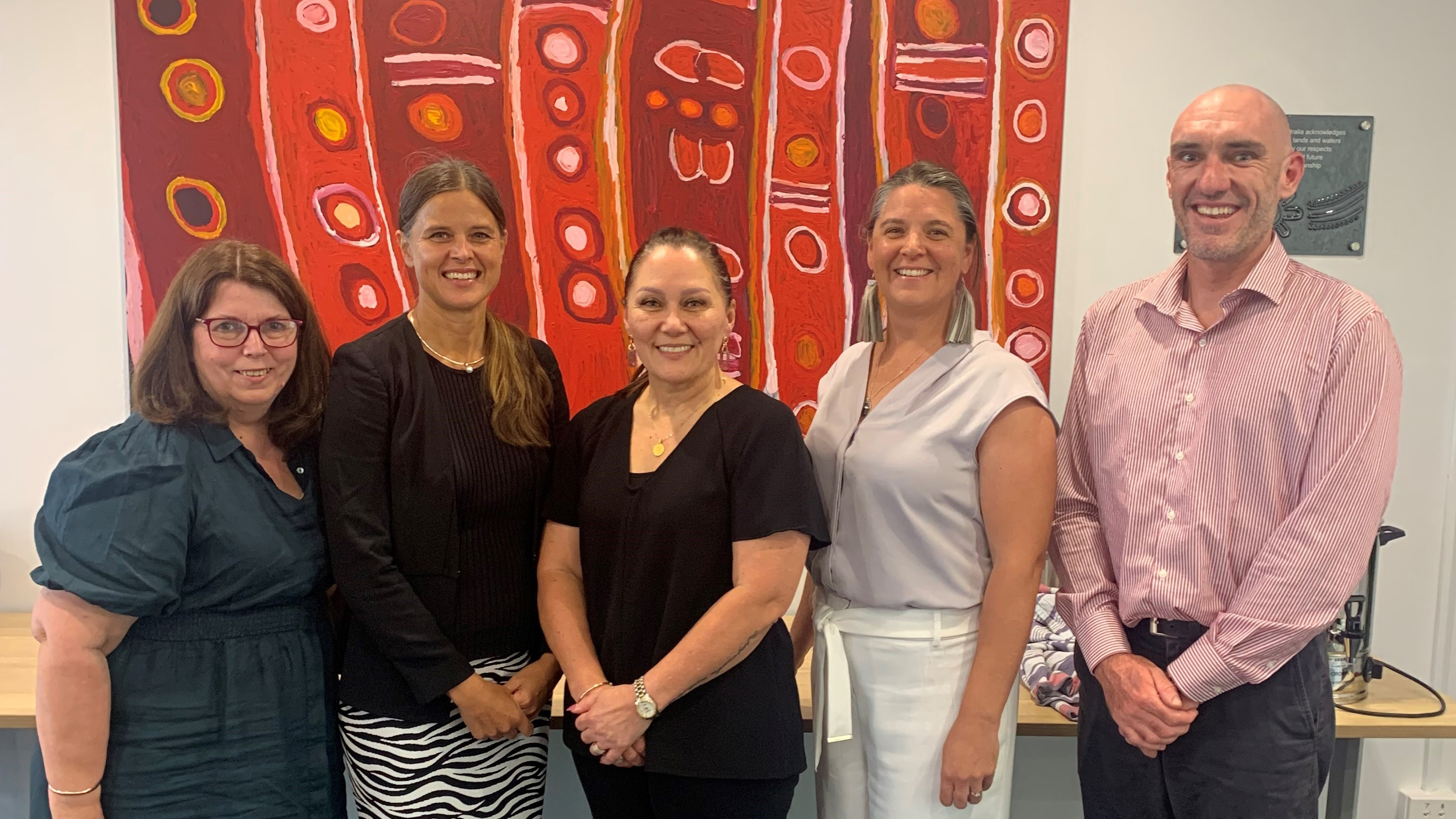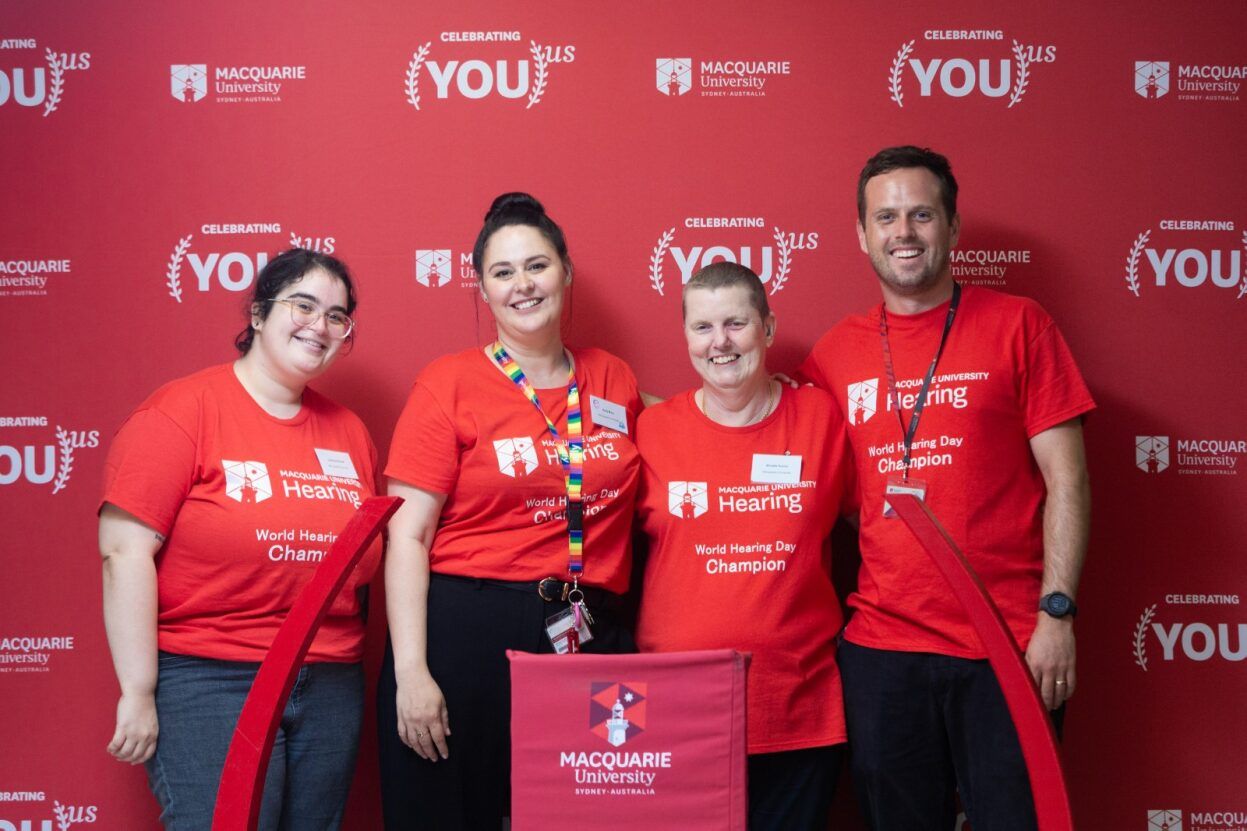
On a typical day, a GP would meet 6 patients with some type of hearing difficulties (see statistics below). If what you had to say was important, surely you would make sure that you were heard. Everyday you may care for 6 patients who will mishear questions, advice and recommendations. And worse: the harder it is to make sense of what is said, the more likely this information will be forgotten (Rabbitt, 1966; Rabbitt, 1991). Unfortunately, these difficulties will often be invisible to you, but also not fully grasped by your patients.
This means that because of hearing loss alone, 30% of patients may leave their appointment with wrong or incomplete information. This same information that is so critical for their health and wellbeing.
What else? You may have an accent; they may be using their second language; many of your older patients will also show signs of cognitive decline; and lets not swoop away that 1/5 of adult patients have health anxiety (Tyrer et al., 2011). All of this matters, particularly when discussing or trying to diagnose and manage a critical health condition.
Understanding and remembering a message is affected by hearing loss, cognitive decline, anxiety, or a second language— even when these conditions appear mild and pass unnoticed (Pichora-Fuller et al., 2016). And this is cumulative: any combination of these factors will lead to a greater risk of medical misinformation.
Adapting a consultation for a hearing-impaired person may seem cumbersome, mainly because its outside routine practice. But what if all health professionals would adapt their practice to make communication easier—as standard for all patients? For relatively low costs, this could improve communication efficiency, limit misunderstandings, and increase the likelihood of patients’ uptake of recommendations.
Here are some quick communication tips to benefit all, even young adults with normal hearing:
- Make short and precise sentences
- Do no speak too quickly
- Look at your patient when speaking (i.e. do not speak when not looking at them)
- Use a clear surgical mask if you use a mask
- Write down (or let your patient write down) notes of the important information you just discussed, including the next steps.
Quick tips when hearing loss further affects your consultation:
- Use your stethoscope as an amplifier: place your stethoscope in your patient’s ear and speak in the diaphragm with a normal voice
- Buy one or two personal amplification systems for your clinic, which come with a lapel microphone and earphones. They look like a music player, and I found that many adults who cringe at the idea of using hearing aids are positively surprised at the help this gives them.
- Further useful tips can be found here: https://www.shhhaust.org/communicating-with-your-hearing-impaired-patients/
Hearing difficulties are indeed normal and way more frequent than one usually thinks. Unfortunately, doing nothing about it also seems to have been normalised, despite the breadth of consequences it has on health, employment, social communication and quality of life. Audiologists have a wealth of useful knowledge and tips to help decrease the consequences of hearing difficulties. If what you tell your patients is important, particularly in relation to critical illnesses, increasing the possibilities to be heard, understood and remembered appears likes an obvious first step. A referral for audiological evaluation may make your subsequent consultations easier.
This article was originally written for ThinkGP and was prepared by Dr Isabelle Boisvert a research fellow at Macquarie University and a research program coordinator for the HEARing Cooperative Research Centre.
Statistics:
Roughly 20% of all Australians have hearing loss, including 2/3 of adults aged over 60yo and ¾ of adults aged over 75 yo (Access Economics, 2006).
Roughly 50% of all Medicare services are for adults aged over 55yo (Australian Government Department of Health, 2006).
References
Access Economics. (2006). Listen Hear! The economic impact and cost of hearing loss in Australia. Report for The Cooperative Research Centre for Cochlear Implant and Hearing Aid Innovation and Victorian Deaf Society.
Australian Government Department of Health. (2006). Annual Medicare Statistics. Retrieved 20 February 2017, from http://www.health.gov.au/internet/main/publishing.nsf/Content/Annual-Medicare-Statistics
Pichora-Fuller, M. K., Kramer, S. E., Eckert, M. A., Edwards, B., Hornsby, B. W., Humes, L. E., . . . Mackersie, C. L. (2016). Hearing impairment and cognitive energy: the Framework for Understanding Effortful Listening (FUEL). Ear and Hearing, 37, 5S-27S.
Rabbitt, P. (1966). Recognition: Memory for words correctly heard in noise. Psychonomic Science, 6(8), 383-384.
Rabbitt, P. (1991). Mild hearing loss can cause apparent memory failures which increase with age and reduce with IQ. Acta oto-laryngologica, 111(sup476), 167-176.
Tyrer, P., Cooper, S., Crawford, M., Dupont, S., Green, J., Murphy, D., . . . Bhogal, S. (2011). Prevalence of health anxiety problems in medical clinics. Journal of psychosomatic research, 71(6), 392-394.








